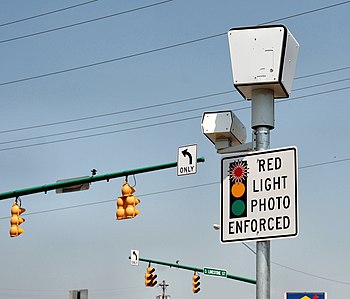In the days leading up to the official premiere of Snowden, Oliver Stone’s eponymous biopic of America’s exiled whistleblower, an international movement came together to pressure US president Barack Obama for a pardon. Executive absolution would make it possible for Edward Snowden to return from Russia without facing a show trial and a life (or even death) sentence for his heroism.
It’s a fine idea. I support it. But I think it does get things backward and sends the wrong message in certain respects.
Edward Snowden shouldn’t NEED a pardon. He performed a public service of inestimable value by exposing the crimes, the criminals, and the techniques of the largest espionage ring in human history: A conspiracy directed at the very public expected to pay the gigantic tab the conspirators run up. The National Security Agency’s budget is classified — of course — but thought to be in excess of $10 billion per year. Talk about adding insult to injury.
So, who SHOULD be seeking pardons?
Well, the operational ringleaders, including but not limited to the last few directors of the NSA, are clearly habitual felons who, in any society with a functioning justice system, would be sporting leg irons and orange coveralls and writing their own letters requesting clemency about now.
Those evildoers have superiors who are equally responsible for having let them run wild. The two that come to mind are the president(s) and the congressional Intelligence Committees (the House Intelligence Committee contests the pardon movement with a classified — of course — report which in public summary characterizes Snowden as a mere “disgruntled employee”).
If these characters weren’t (with good reason) convinced of their own immunity to justice, they’d be shutting down their unprecedented warrantless search operations and finding ways to preemptively pardon each other ahead of something like a new Nuremburg Tribunal, instead of continuing to denigrate and persecute the man who exposed their vile deeds.
The only subject of truly legitimate debate over Snowden’s actions is whether they were military or civilian in character. Otherwise, how are we to know whether he should receive the Medal of Honor (military) or the Presidential Medal of Freedom and the Congressional Gold Medal (civilian)?
Perhaps an exception should be made that lets him collect all three. Or perhaps none of them are sufficient and a new award, specific to Snowden and those who will hopefully follow in his footsteps, would be more appropriate.
Thomas L. Knapp (Twitter: @thomaslknapp) is director and senior news analyst at the William Lloyd Garrison Center for Libertarian Advocacy Journalism (thegarrisoncenter.org). He lives and works in north central Florida.
PUBLICATION/CITATION HISTORY
- “@Snowden: Give That Man a Medal, Not a ‘Pardon,'” by Thomas L. Knapp, OpEdNews, 09/16/16
- “@Snowden: Give that man a medal, not a ‘pardon,'” by Thomas L. Knapp, Claremont, New Hampshire Eagle Times, 09/19/16
- “@Snowden: Give That Man a Medal, Not a ‘Pardon,'” by Thomas L. Knapp, Winnemucca, Nevada News4Nevada, 09/19/16
- “Snowden: Give That Man a Medal, Not a ‘Pardon,'” by Thomas L. Knapp, Ventura County, California Citizens Journal, 09/19/16
- “Snowden: Give that man a medal, not a pardon,” by Thomas L. Knapp, Libby, Montana Western News, 09/20/16
- “@Snowden: Give That Man a Medal, Not a ‘Pardon,'” by Thomas L. Knapp, Key West: The Newspaper [Florida], 09/23/16



